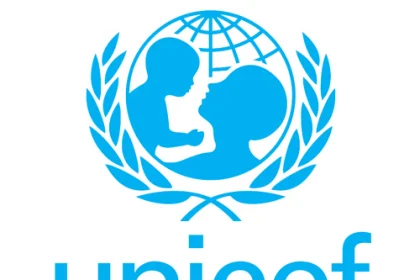Nairobi, Kenya – In the heart of Kenya’s bustling capital Nairobi, scenes and untold stories have began to unfold one of them is the present situation Tabitha Wanjiru Kairo and her husband, David Kairo, days after the protests that took place in the country.
They have continuously searched and combed the city’s police stations, hospitals, and morgues. They are on a desperate mission to find their missing son, Joseph Mwangi, either dead or alive.
Their nightmare began during the recent protests against a controversial finance bill being debated in Parliament. The demonstrations, marked by tension and unrest, saw Joseph Mwangi, a 28-year-old street salesman, vanish without a trace. Joseph, who eked out a living by selling whatever he could on the streets, harbored dreams of one day donning the uniform of a police officer or soldier to serve his country.
His mother, Tabitha, has been relentless in her search, fueled by a mother’s unwavering love and hope. “They (the government) should look for our children because I have searched all over but I cannot trace his whereabouts,” she laments. “I’ve reported him missing at the Kasarani Police Station, but the police there don’t seem to care or know anything.”
Tabitha is resolute in her belief that her son did nothing wrong. The last time they spoke, Joseph had expressed his intent to join the anti-government protests, driven by the unbearable cost of living in Kenya. As a mother, she takes pride in his courage and convictions. “If I were younger, I would have protested against the government too,” she declares with a mix of sorrow and pride.
She fervently urges the government to release all those who have been abducted or are missing. “Give us our children. My child did nothing wrong to anyone. Protesting in the streets is not a crime. Why are they making us suffer?” she pleads, her voice breaking under the weight of her grief.
The Kenya National Commission on Human Rights reports that the protests have resulted in 41 deaths, 35 abductions, and 746 arrests. The demonstrations, fueled by opposition to the finance bill, have highlighted the growing discontent among Kenyans over economic hardships.
Amidst this turmoil, President William Ruto has faced intense scrutiny. On Friday, he issued an apology for the “arrogance and show of opulence” displayed by legislators and ministers from the ruling party. He also promised action against “rogue” police officers who shot at unarmed civilians during the deadly protests and the storming of Parliament over plans to hike taxes.
Ruto acknowledged the mistakes made by officials in their public statements. “Public speaking is difficult, and some people make mistakes for which I take responsibility,” he said, promising a change in the conduct of officials.
The protests, which spanned two tumultuous weeks, saw Parliament stormed by enraged citizens during the finance bill vote. The scenes of chaos and violence have left a scar on the nation’s psyche, with many Kenyans questioning the future and direction of their country.
For the Kairo family, the pain is intensely personal. Each day without news of Joseph deepens their despair. They cling to the hope that he will return to them, that their search will not end in the darkest of outcomes. Their story is a microcosm of the larger struggle in Kenya, where the fight for justice, accountability, and a better life continues to resonate on the streets and in the hearts of its people.
In this climate of uncertainty and grief, Tabitha Wanjiru Kairo’s plea echoes across the nation: “Give us our children.” Her words are a stark reminder of the human cost of political strife, and a call for empathy and action in the face of profound loss.
As the country grapples with the aftermath of the protests, the Kairos’ ordeal underscores the urgent need for reforms and a compassionate response from the authorities. Their search for Joseph is emblematic of the broader search for justice and dignity in a nation at a crossroads.




